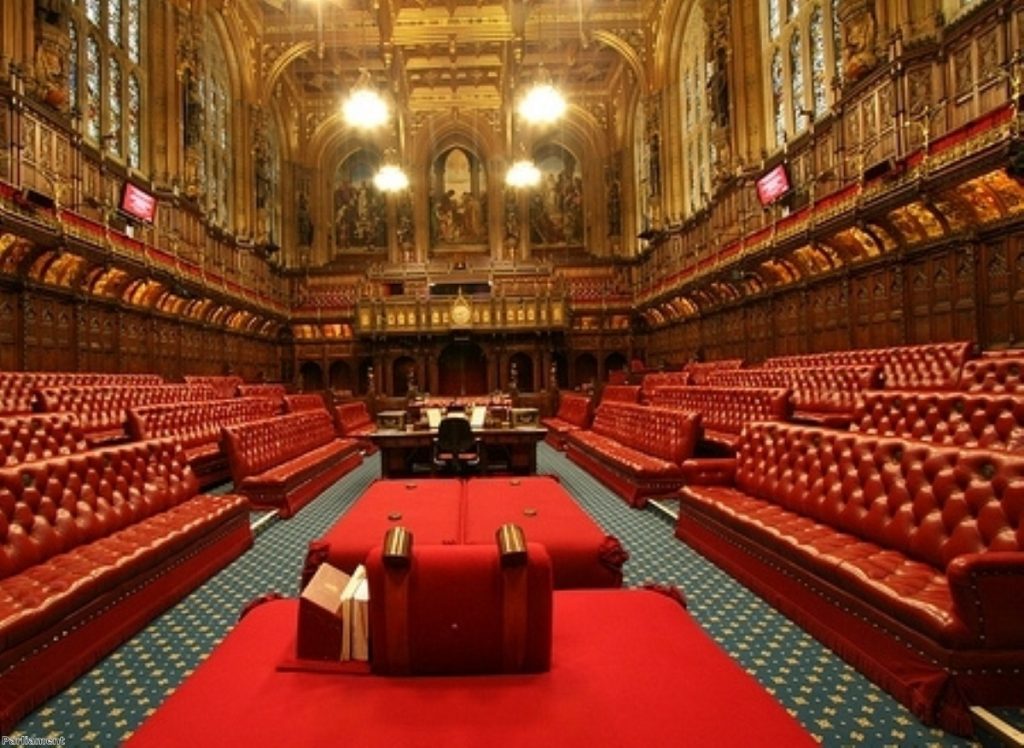Lords reform proposals ‘by end of the month’
By politics.co.uk staff
The government will publish its draft bill on Lords reform within the next three weeks, Nick Clegg has said.
A cross-party committee has been negotiating for the last year and was supposed to have brought forward proposals for reform by the end of 2010.
Ministers have struggled to secure agreement but anyway pressed ahead with talks which will now culminate in draft legislation.


The deputy prime minister said his enthusiasm for continuing the government’s constitutional reform agenda was “not discouraged” by the defeated alternative vote (AV) referendum.
“That’s not going to evaporate because of the referendum result,” he told the Commons’ political and constitutional committee.
“Many of these big questions remain to be tackled.”
The Liberal Democrat leader said the referendum campaign had been “disfigured by party politics and point-scoring” – and demonstrated that pursuing a consensual approach was likely to be more productive.
“It reinforces my view that where we can develop ideas together rather than shouting at each other across the barricades, clearly it’s best,” Mr Clegg added.
“I hope that desire to move forward as consensually as possible on something as constitutionally significant as that will be faithfully reflected and recognised in the draft bill we’re publishing shortly.”
Conservative and Lib Dem ministers have struggled to win over Labour to their proposals, which had concentrated on former justice secretary Jack Straw’s work in a white paper published towards the end of the New Labour government.
Jan Royall, leader of the opposition in the Lords, told politics.co.uk last month: “Frankly I don’t think some of the key issues, not just for parliamentarians in this House and the other House but for the sensible constitutional settlement between both Houses, have been properly addressed.”
Constitutional reform minister Mark Harper told MPs today that the government would bring forward a separate draft bill establishing individual voter registration and the right to recall MPs.
This would take place at a “much slower” pace than the legislation which set up the electoral reform referendum.
Mr Harper said this had suffered a “traumatic” passage through parliament as Labour peers attempted to prevent it passing before a February deadline.
“In terms of the engagement of parliament, parliament will have a much bigger role,” he pledged.









